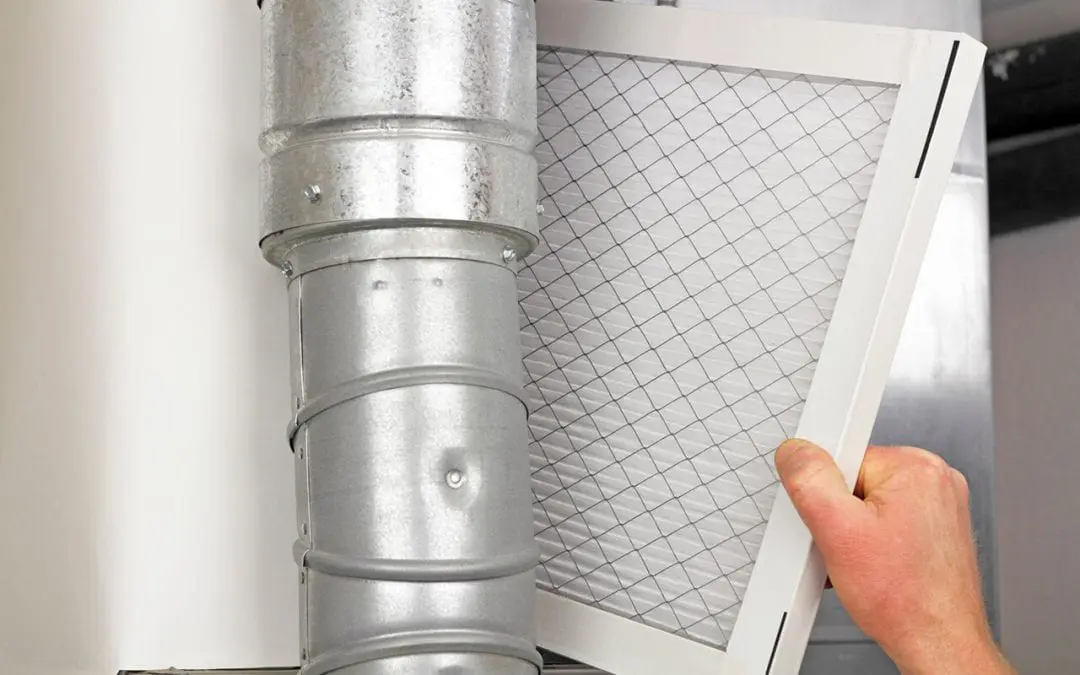The air in your home can be contaminated with irritants like mold, dust, VOCs, pollen, and pet dander. Given that the average American spends more than half their life indoors, it’s important to improve indoor air quality. Common indoor air pollutants have various sources, including tobacco products, moisture, household cleaning products, building materials and furnishings, and fuel-burning appliances. Here are tips on how to improve air quality in your home.
Change the HVAC Filters to Improve Indoor Air Quality
The air filters in your HVAC system trap dust, dirt, and other pollutants and prevent them from recirculating in your indoor air. Over time, the filters become clogged with contaminants. This diminishes your indoor air quality and makes your family more susceptible to allergies and other respiratory issues. It also strains your HVAC system as it is unable to work as efficiently, leading to high energy bills.
Change your air filters at least once a month, or as recommended by the manufacturer. This will go a long way in improving the efficiency of your heating and cooling system and improving indoor air quality.
Control Humidity
High humidity in your home contributes to a suitable environment for mold and mildew growth. These can trigger allergies and asthma attacks. Humidity that is too low leads to irritation of the skin, eyes, and nose. Indoor humidity should be at around 30-50%.
A dehumidifier will reduce the amount of moisture in your home. Especially in warmer months, this will be helpful in slowing the growth of mold in your home. You can also use a humidifier to increase the level of humidity in your home.
Turn on ventilation fans when cooking and showering to improve circulation and help prevent condensation from becoming a problem.
Use the Range Hood Fan
Cooking, especially on a gas-powered stove, produces air pollution that reduces indoor air quality. Carbon monoxide may be produced, which is an odorless and colorless gas that can be fatal with concentrated exposure. Use your kitchen exhaust fan or open windows to improve air circulation when cooking.
Keep the Carpets Clean to Improve Indoor Air Quality
Rugs and carpets trap dust and other air pollutants in their fibers. Cleaning your rugs and carpets regularly is an important step in improving air quality in your home. At least twice every week, vacuum carpeted rooms and rugs throughout the house. Use a vacuum with a HEPA filter to trap more contaminants as you clean.
Taking steps to improve indoor air quality will benefit your health and make your home more comfortable. You’ll notice a reduction in allergies and asthma-like symptoms for you and your family members.
TMK Inspections provides home inspections to customers in Southeast Pennsylvania. If you’re buying or selling a home, contact us to schedule an appointment.

